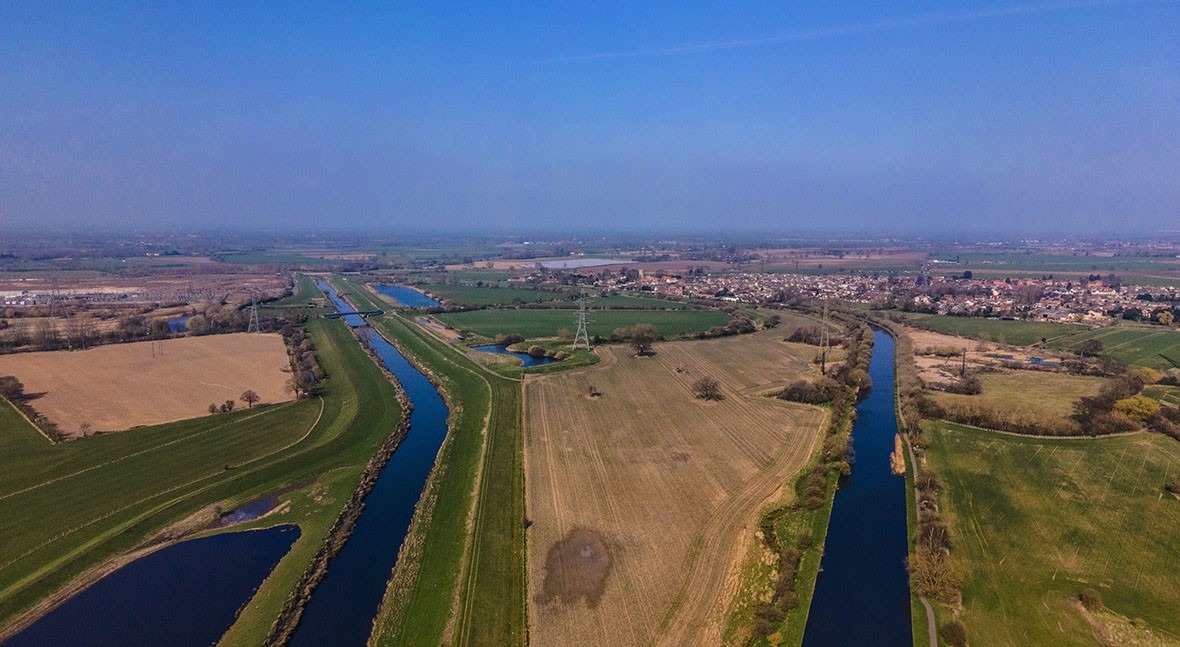UN 2023 Water Conference: water as the catalyst for sustainable development
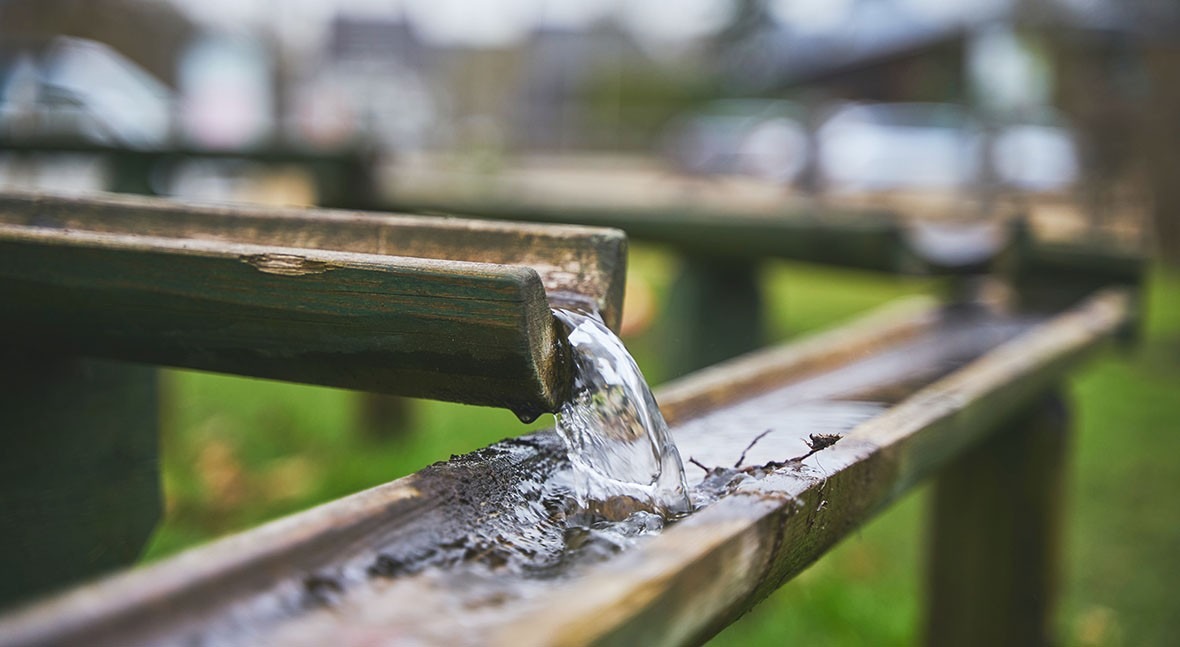
“The UN 2023 Water Conference in March must result in a bold Water Action Agenda that gives our world's lifeblood the commitment it deserves” – António Guterres, Secretary General of the United Nations.
Setting the scene
The first UN conference on water in close to 50 years – the last one was held in 1977 in Mar de Plata, Argentina – is a unique opportunity to accelerate action for water and achieve Sustainable Development Goal 6: Ensure availability and sustainable management of water and sanitation for all. It aims to generate concrete actions and commitments to advance the global water agenda and secure transformative changes at all levels.
The United Nations 2023 Water Conference aims to generate concrete actions and commitments to advance the global water agenda
The UN 2023 Water Conference will be held from 22 to 24 March in New York, convened by the UN General Assembly, and with the Netherlands and Tajikistan as co-hosts. Formally known as the 2023 Conference for the Midterm Comprehensive Review of the Implementation of the Objectives of the International Decade for Action on Water and Sanitation (2018-2028), it has been called by the UN “the most important water event in a generation”.
Back in December 2017, the United Nations committed to focusing on water for the decade 2018-2028. The goal of the Water Action Decade is to accelerate efforts towards meeting water-related challenges, namely access to water and sanitation, increased pressures on water resources, as well as drought and flood risks. To do so, the action plan for the Decade identified four work streams:
- Facilitating access to knowledge and the exchange of good practices;
- Improving knowledge generation and dissemination, including new information relevant to water-related SDGs;
- Pursuing advocacy, networking and promoting partnerships and action;
- Strengthening communication actions for implementation of the water-related goals.
As we move into the second half of the Water Action Decade and the second half of the 2030 Agenda, there is widespread recognition that the world is off track to meet SDG 6. The UN 2023 Water Conference aims to catalyse action for water security, setting a clear agenda for the second half of the Decade and beyond.
Although there is no negotiated outcome document foreseen for the conference, one main outcome will be the Water Action Agenda, launched by the co-hosts in June 2022 to turn the political momentum created by the Conference into tangible and ambitious action.
Water is everyone’s business
The Conference co-hosts would like it to be a forum where the water sector and especially other sectors will show water as the catalyst for sustainable development. Water is crosscutting and supports the achievement of many SDGs, so it presents a great opportunity, a leverage point for a green economy, climate resilience and a more sustainable and inclusive world.
Water presents a great opportunity, a leverage point for a green economy, climate resilience and a more sustainable and inclusive world
The five themes of the conference, and related goals and targets, are as follows:
- Water for Health: access to WASH, including the human rights to safe drinking water and sanitation (SDG 6.1, 6.2, 6.3 and SDGs 1, 3, 4, 5, 17).
- Water for Sustainable Development: valuing water, water-energy-food nexus and sustainable economic and urban development (SDG 6.3, 6.4, 6.5 and SDGs 2, 8, 9, 11, 12).
- Water for Climate, Resilience and Environment: source to sea, biodiversity, climate, resilience and disaster risk reduction (SDGs 6.5, 6.6, 7, 11.5, 13, 14, 15).
- Water for Cooperation: transboundary and international water cooperation, cross-sectoral cooperation, including scientific cooperation, and water across the 2030 Agenda (SDG 6.5, 6.b and SDGs 16, 17).
- Water Action Decade: accelerating the implementation of the objectives of the Decade, including through the UN Secretary-General’s Action Plan.
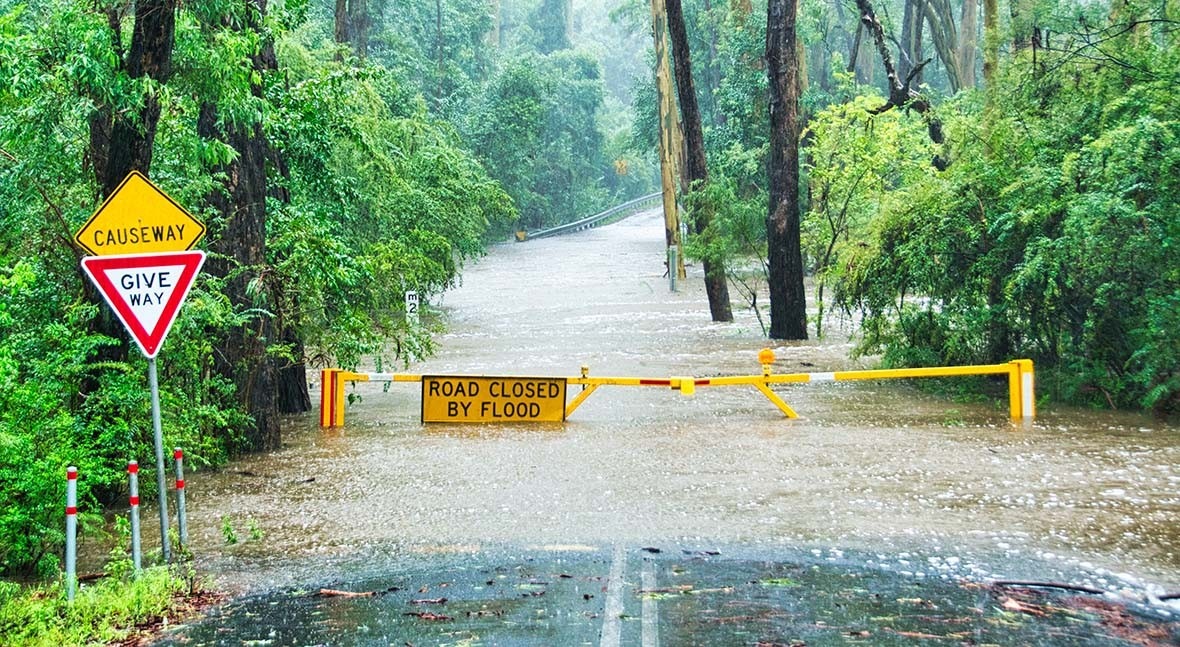
The Water Action Agenda will express the political ambition to address global water challenges: tangible action to deliver results
At the Conference, there will also be several informal high-level special events on different topics. One of them, “The economics of water: transforming governance to secure a sustainable, just and prosperous future”, will be an open dialogue of the Global Commission on the Economics of Water (GCEW), an independent group of policymakers and researchers that bring novel perspectives to water economics and governance, to align the global economy with sustainable water resource management. Launched in May 2022 with a two-year mandate, the Commission will publish a first report to coincide with the Conference, assessing the way we manage and value water and the role of water towards a more sustainable future. The open dialogue will start a consultative process that will contribute to the final report of the GCEW in 2024.
Another report expected at the Conference will be the United Nations World Water Development Report (WWDR), UN-Water’s flagship publication on water and sanitation, to be launched on World Water Day, March 22. The theme of the 2023 edition will be Partnerships and Cooperation for Water. It is expected to address how the water and sanitation community can overcome competing needs and expectations.
Expected outcomes: the Water Action Agenda
The Water Action Agenda will express the political ambition to address the global water challenges: tangible action to deliver and track results. It will include water-related commitments – voluntary – to accelerate progress on the Water Action Decade 2018-2028 and the 2030 Agenda. Commitments have already been gathered in the preparatory process for the Conference, and will continue to be added during the Conference itself and even after, until the end of the Water Action Decade 2018-2028 and the 2030 Agenda.
The commitments can be undertaken by governments, the United Nations system, other intergovernmental organizations, international and regional financial institutions, non-governmental organizations and civil society organizations, academic and research institutions, the scientific community, the private sector, philanthropic organizations and other actors - individually or in partnership. They can be small in scale, size and reach but meaningful at the level of the commitment, for example from schools, communities and individuals, to large-scale, transformative commitments from governments, civil society, the private sector, academia, and commitments by coalitions of partners with long-term plans to realize systems change. Every drop counts.
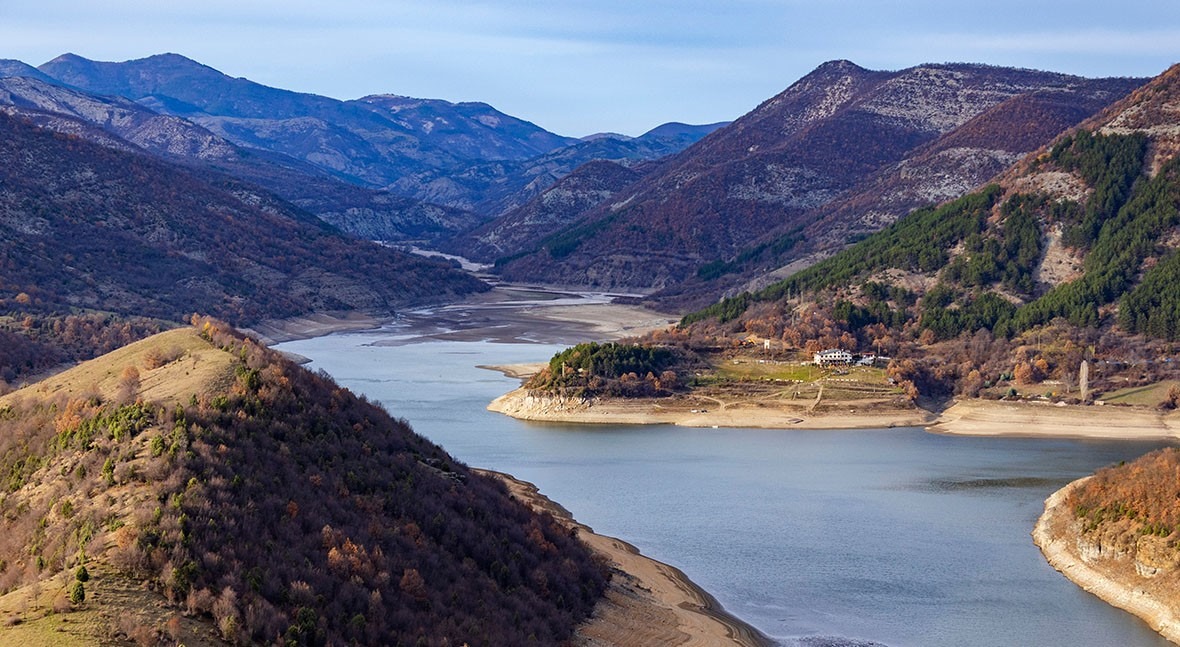
Voluntary commitments will lead to progress on SDG 6 indicators, advancing implementation towards nationally set goals and targets
Three main categories of commitments are envisioned: foundational, institutional, and game changers. Foundational commitments would be small in scale, size and reach; they are expected mostly through the awareness-raising campaigns linked to the conference such as World Water Day and World Toilet Day. Institutional commitments are made by governments, civil society, private sector, academia, coalitions etc.; with a large-scale impact, they can be scaled up and replicated. They are expected mostly through the Water Action Agenda dedicated online platform. Finally, game changers would be made by coalitions of partners that lead to systems change; they are expected to emerge from the institutional and foundational commitments.
There are already many commitments compiled in the Water Action Agenda online platform
There are already many commitments compiled in the Water Action Agenda online platform, very diverse in terms of the proponents, the scale and the activities proposed. They range from specific local commitments, such as reducing water demand by 15% in Monterrey’s Metropolitan area by pressure management, to a “Wastewater Zero” initiative to encourage multinational companies to implement actions to meet SDG 6.3 in their own facilities and supply chains, by the World Business Council for Sustainable Development (WBCSD), to broad UN system efforts, such as the UNEP-WMO-UNESCO systems approach to accelerate ambient water quality action through improved interoperability of water quality data.
Voluntary commitments are expected to lead to progress on SDG 6 indicators, advancing implementation towards nationally set water and sanitation-related goals and targets.
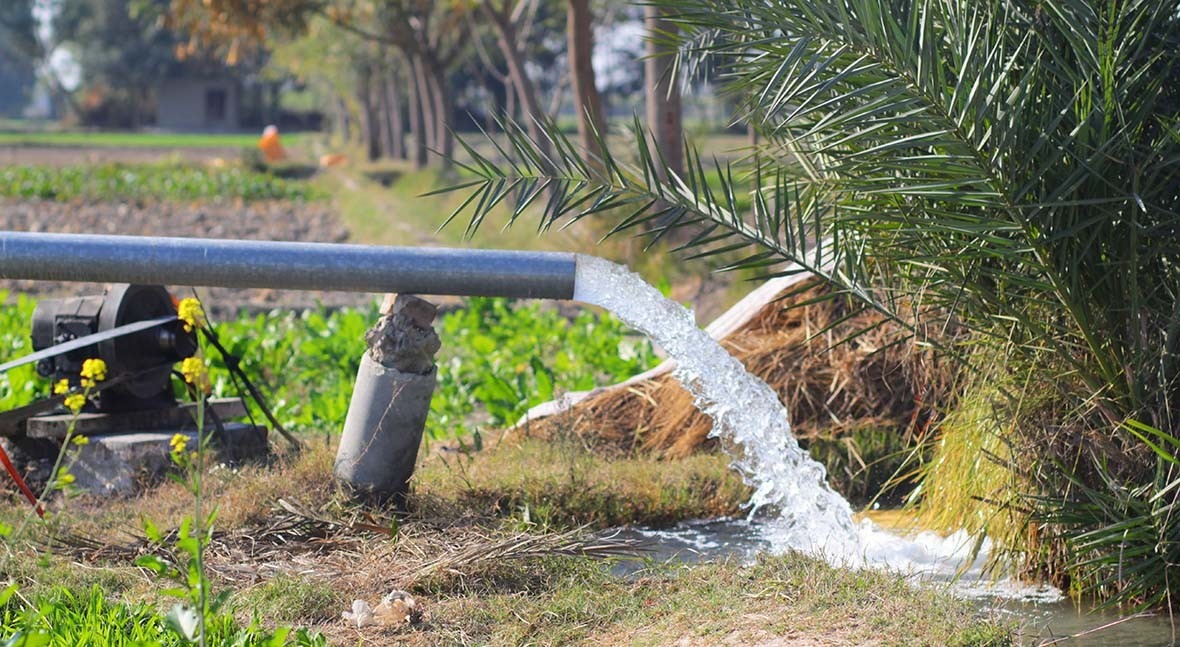
“A watershed moment”
The hopes are high for the Conference to be “a watershed moment”, as expressed in its vision statement: a turning point that will lead to action with speed and priority to ensure the availability and sustainable management of water and sanitation for all by 2030.
On February 13, Csaba Kőrösi, President of the United Nations General Assembly, spoke to the Interparliamentary Union, the global organization of national parliaments, and urged the world’s governments to send their top representatives to the UN 2023 Water Conference, and bring concrete proposals for action and transformation.
“Of the 17 Goals, perhaps none are more urgent than SDG 6 on water”, he said, noting that unless we get the global water crisis under control, we will not be able to make progress on the Sustainable Development Goals. Mr. Kőrösi stressed that we have the science, the technology, and even the finances, and what we need is political will and action.
The hopes are high and the stakes are high as well. The importance of water and its role in tackling global challenges cannot be overstated, and the world is realising we must take water more seriously.



